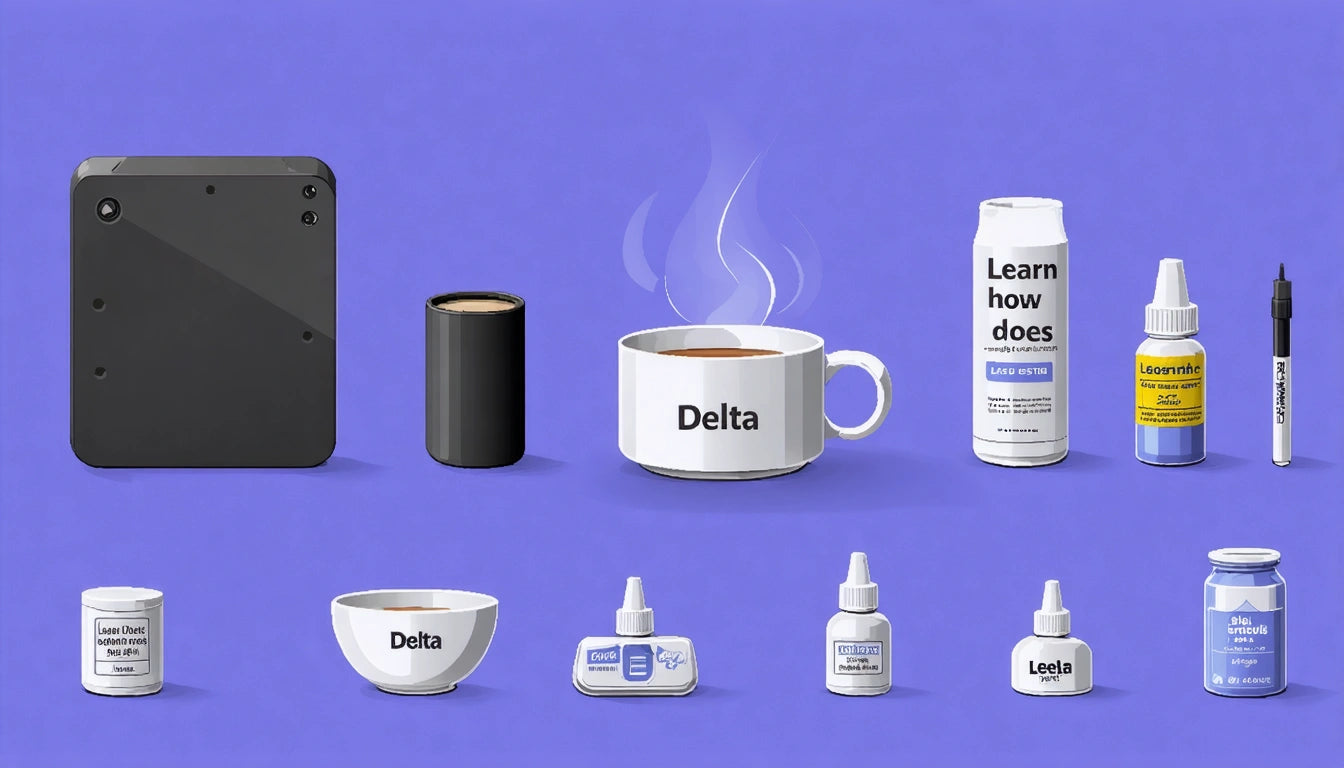Table of Contents
Understanding Drug Testing Requirements for CDL Drivers
Commercial Driver's License (CDL) holders operate vehicles that require specialized skills and heightened responsibility. Due to safety concerns, drug testing is a fundamental component of the CDL qualification and retention process. Understanding when and how CDL drivers get drug tested is essential for current and prospective commercial drivers.
Federal Regulations Governing CDL Drug Testing
The Department of Transportation (DOT) establishes strict guidelines for drug and alcohol testing of CDL drivers through the Federal Motor Carrier Safety Administration (FMCSA). These regulations apply to all commercial drivers operating vehicles that require a CDL, regardless of state or employer.
In 2020, the FMCSA established the Drug and Alcohol Clearinghouse, a database that tracks drug and alcohol violations. This system helps prevent drivers with unresolved violations from job-hopping between carriers without addressing their substance issues.
Frequency of Drug Testing for CDL Drivers
How often do CDL drivers get drug tested? Testing occurs at multiple points throughout a commercial driver's career:
- Pre-employment testing: Required before performing safety-sensitive functions
- Random testing: Carriers must randomly test 50% of their average driver positions for drugs annually
- Post-accident testing: Required after crashes meeting specific criteria
- Reasonable suspicion testing: When a trained supervisor observes behavior indicating potential substance use
- Return-to-duty testing: Required before resuming safety-sensitive duties after a violation
- Follow-up testing: Minimum of six tests in the first 12 months after returning to duty
The random testing program ensures that drivers can be selected for testing at any time while on duty, on call, or immediately before or after a shift. This unpredictability serves as a deterrent against substance use.
Types of Drug Tests for CDL Holders
What kind of drug test do CDL drivers take? The DOT primarily requires urinalysis for drug screening. This testing follows specific protocols to ensure accuracy and privacy:
Urinalysis Testing Protocol
The standard DOT drug test is a 5-panel urinalysis conducted at authorized collection facilities. The process includes:
- Split specimen collection (dividing the sample into two containers)
- Chain-of-custody documentation
- Initial screening followed by confirmatory testing if non-negative
- Medical Review Officer (MRO) verification of results
While some industries are exploring alternative testing methods like hair testing for longer detection windows, the DOT currently mandates urinalysis as the primary testing method for CDL holders. For detailed information on testing procedures, you can refer to this comprehensive guide on DOT drug testing.
Substances Tested in CDL Drug Screenings
Standard DOT drug tests screen for five categories of substances:
- Marijuana (THC)
- Cocaine
- Amphetamines/Methamphetamines
- Opioids (including codeine, morphine, heroin, hydrocodone, oxycodone, hydromorphone, oxymorphone)
- Phencyclidine (PCP)
It's important to note that while some states have legalized marijuana for recreational or medical use, CDL drivers cannot legally use marijuana under federal regulations. The DOT has explicitly stated that state laws legalizing marijuana do not change the agency's regulated drug testing program requirements.
For those concerned about humidity control for their products, quality humidity control solutions can help maintain optimal storage conditions, though this won't affect drug test results.
CDL School and Pre-Employment Testing
Many prospective drivers wonder, "Does CDL school drug test?" While not all CDL training programs require drug testing during enrollment, most do conduct pre-enrollment screenings. This practice prepares students for the industry standard and prevents investing time and money in training if they cannot pass the required pre-employment test.
Once training is complete, the question becomes "Do you get drug tested for CDL?" The answer is definitively yes. Before being hired, all CDL drivers must pass a pre-employment drug test. Employers are required to verify negative test results before allowing a driver to perform safety-sensitive functions.
Additionally, employers must query the Drug and Alcohol Clearinghouse for each driver during the pre-employment process and annually thereafter. This ensures that drivers with unresolved violations are identified.
Consequences of Failed Drug Tests
The ramifications of failing a DOT drug test are significant for CDL holders:
- Immediate removal from safety-sensitive functions
- Mandatory referral to a Substance Abuse Professional (SAP)
- Completion of prescribed treatment program
- Return-to-duty testing and follow-up testing (minimum of six tests in first 12 months)
- Recording of violation in the FMCSA Clearinghouse
A failed drug test can significantly impact a driver's career, as the violation remains in the Clearinghouse for five years. During this time, all potential employers will see the violation when conducting required pre-employment queries.
For more information about general employment drug testing practices, this resource provides valuable insights on what to expect during the process.
Navigating the Future of CDL Drug Testing Policies
As marijuana legalization expands across states, the conflict between state and federal regulations creates challenges for CDL drivers. Currently, holding both a CDL and a medical marijuana card presents a contradiction, as federal regulations prohibit any marijuana use by CDL holders.
The industry is seeing increased advocacy for revised testing methods that focus on current impairment rather than past use. However, until federal regulations change, CDL drivers must comply with current testing requirements regardless of state laws.
For those entering or continuing in the commercial driving profession, understanding these testing requirements is essential. Regular awareness of company policies, federal regulations, and proper preparation for random testing helps ensure a successful and compliant career in commercial driving.
",










Leave a comment
All comments are moderated before being published.
This site is protected by hCaptcha and the hCaptcha Privacy Policy and Terms of Service apply.